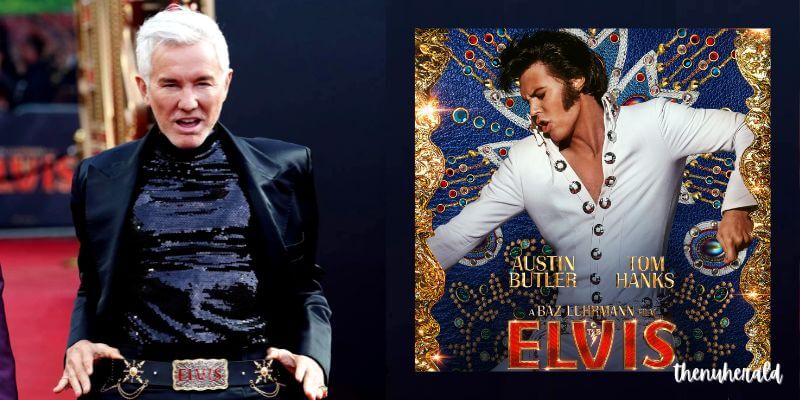“Elvis” fans rejoice: Director Baz Luhrmann has revealed that a four-hour edit of the film exists.
“I mean, I have a four-hour version, actually,” he said. “I do. But you have to bring it down to 2 hours 30 minutes.” Luhrmann said when discussing the film. In an interview, he said he wanted to add further sequences, but the director had to settle for a 2:39 version due to time constraints.
There’s A Four-Hour Cut Of The ‘Elvis’ Biopic, Director Baz Luhrmann Reveals!!
When asked about the scenes that were removed, Luhrmann said he wishes they had been included in the final product. He went on to say that he regretted leaving out certain details of Elvis Presley’s life narrative for the film version that was released in theatres.

Luhrmann continued, “I would have liked to lean into some of the other things more,” “There’s so much more. I mean, there’s lots of stuff that I shot, like the relationship with the band, I had to pare [that] down – and it’s so interesting how the Colonel [Elvis’ manager Tom Parker, played by Tom Hanks] gets rid of them.” The song Jailhouse Rock and the singer’s connection with his first girlfriend Dixie are both given additional attention in the extended version.
It was Luhrmann’s desire to include additional aspects of Presley’s life in the film. According to “Moulin Rouge” director, “What happens is he starts doing wackadoo things – like going down to see Nixon,” In the end, “I had it in there for a while, but there just comes a point where you can’t have everything in, so I just tried to track the spirit of the character.”
On top of all of that, Harry Styles was never considered for the role of Elvis. On the “Fitzy & Wippa” podcast, he stated of Harry, “Harry is a really talented actor,” “I would work on something with him . . . but the real issue with Harry is, he’s Harry Styles. He’s already an icon.”
On the other hand, Luhrmann explained that he had originally planned to include an iconic scene from Elvis’ life in the film — his meeting with President Nixon – but had to make some difficult decisions.
“You know, the addiction to barbiturates and all of that, like what happens is he starts doing wackadoo things – like going down to see Nixon.” Luhrmann also said in the end, “I had it in there for a while but there just comes a point where you can’t have everything in, so I just tried to track the spirit of the character.”
Moreover, director Baz Luhrmann said that the film is not truly a biography in the conventional sense of the word, citing Shakespeare as a source of inspiration.
Before he elaborated on why he chose to tell the story from Parker’s perspective, he said, “The way Shakespeare takes historical figures and makes a bigger point.”